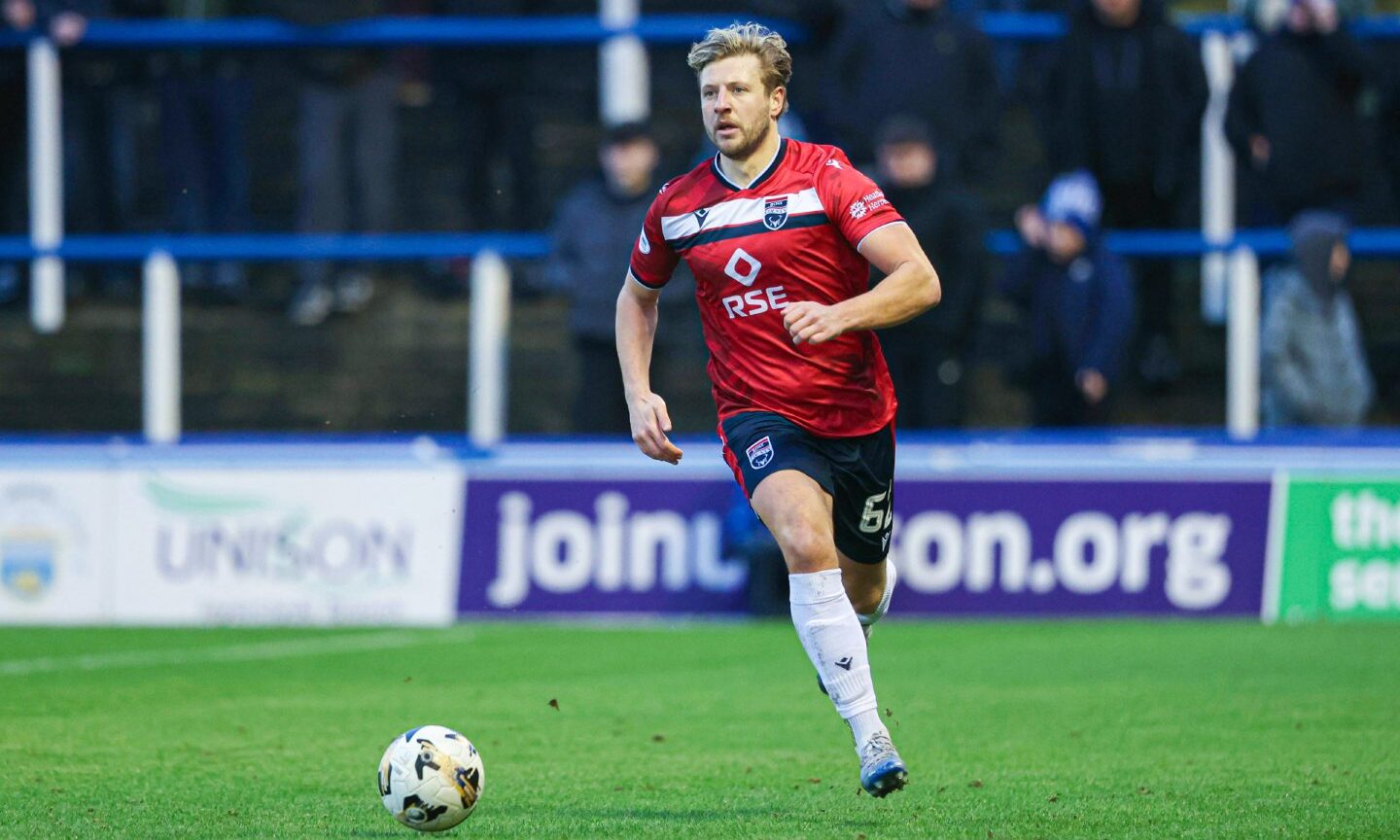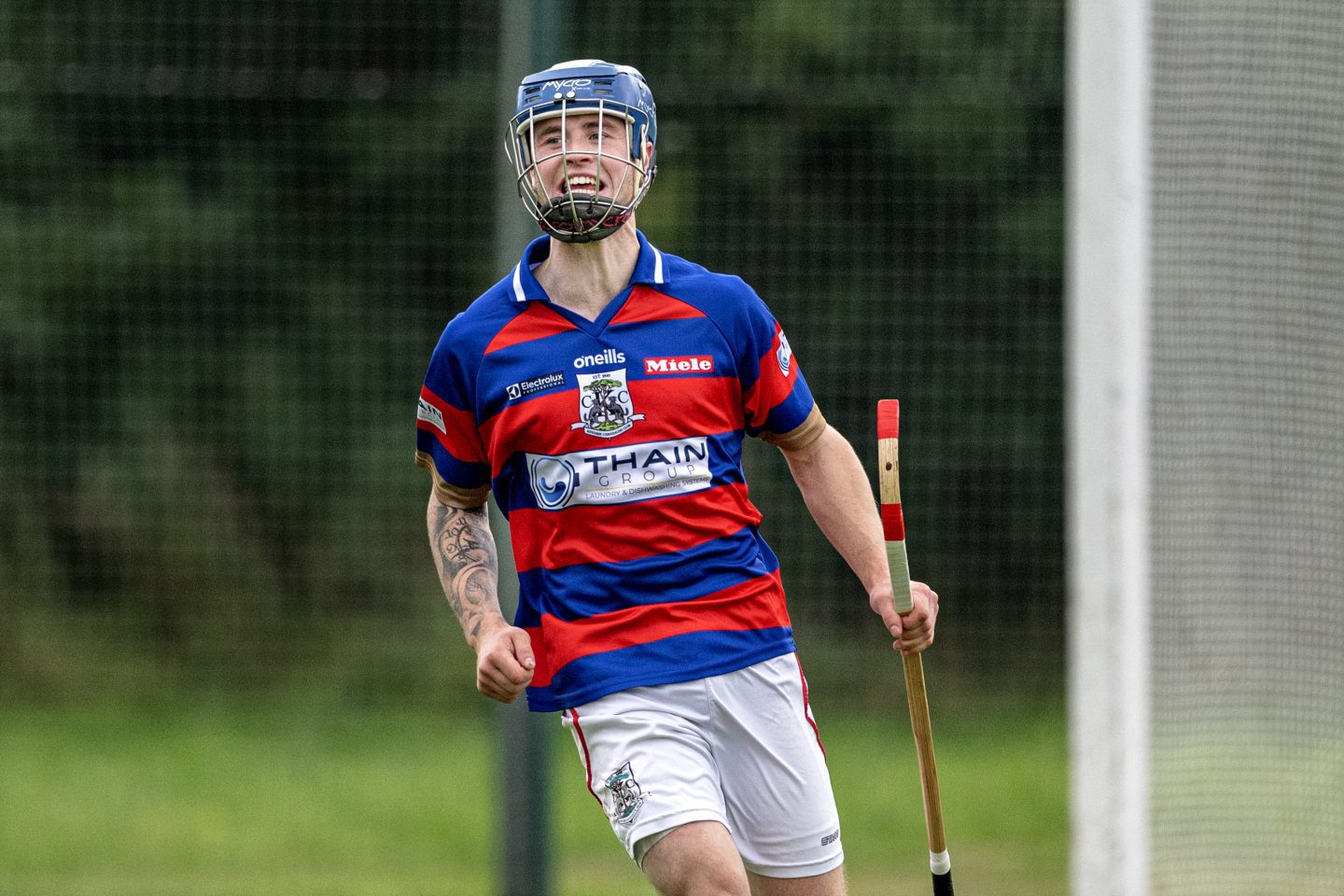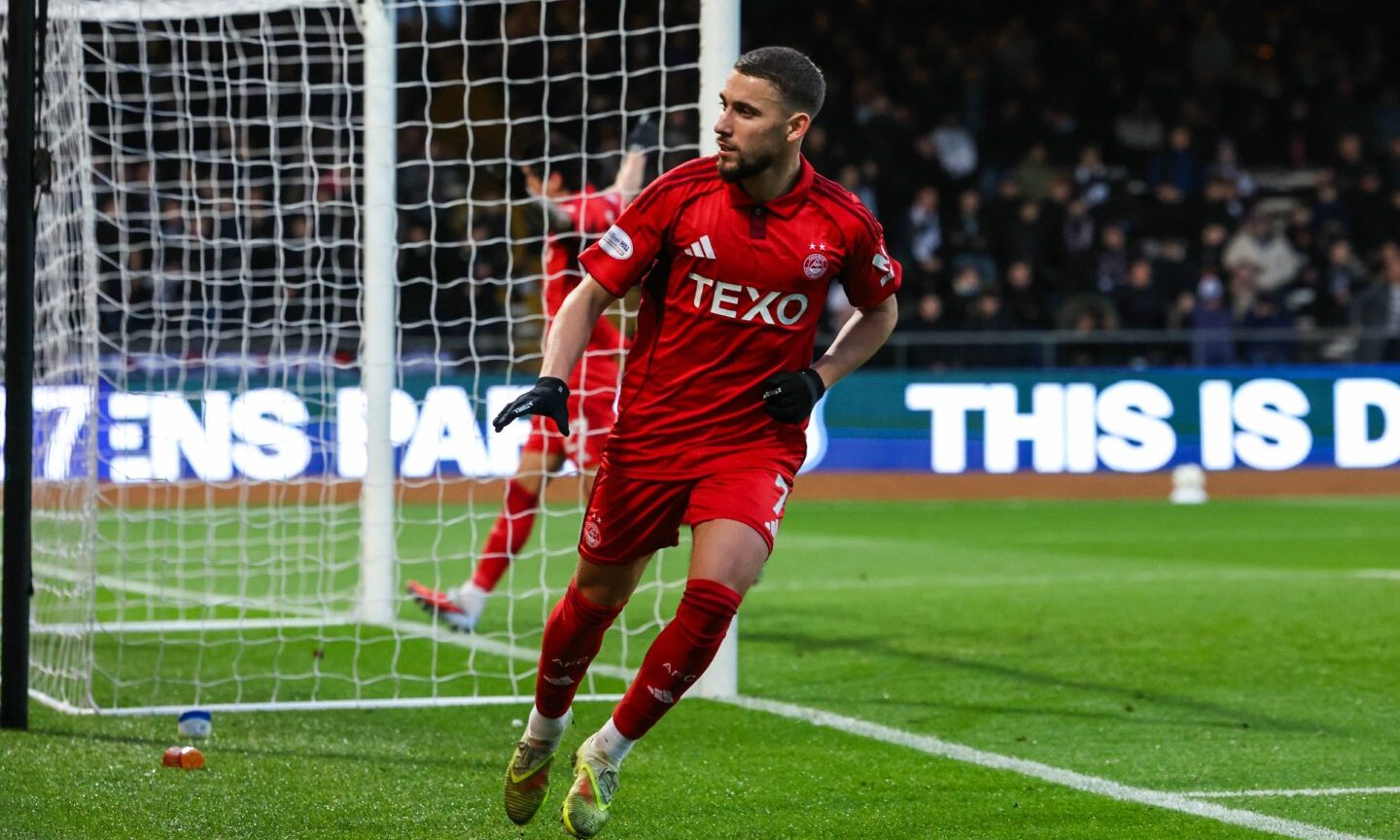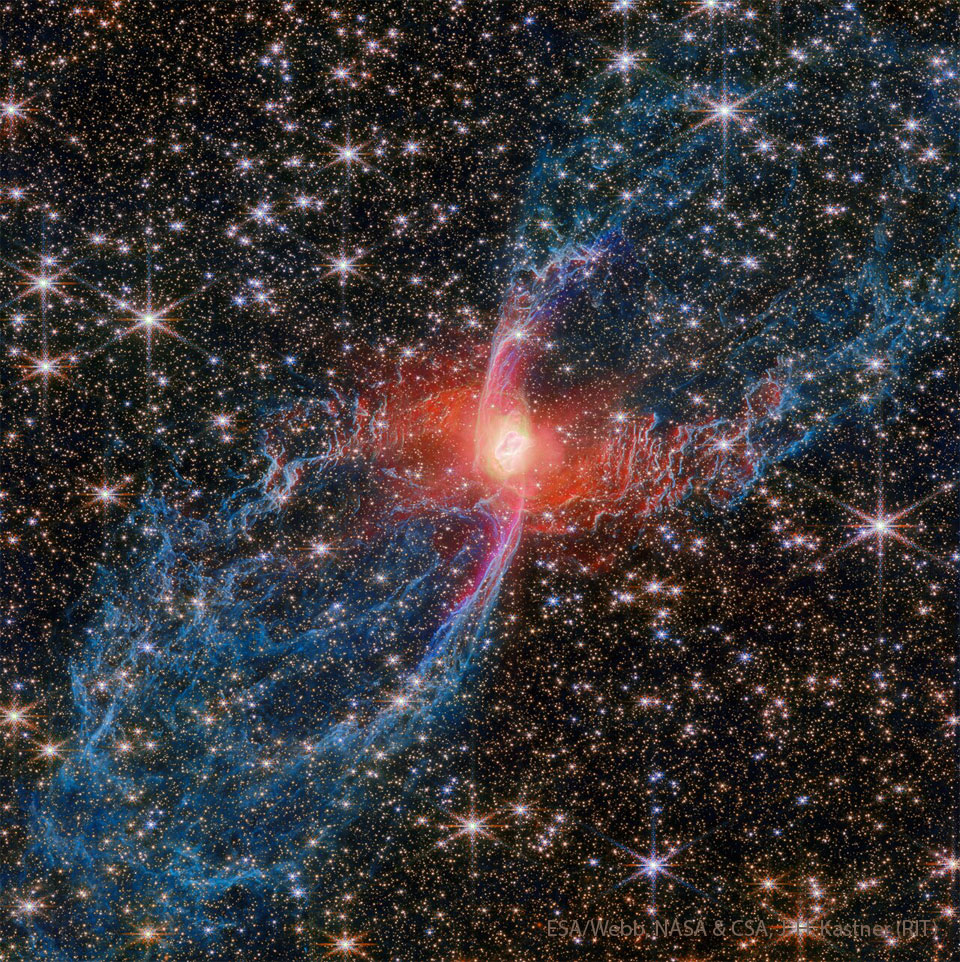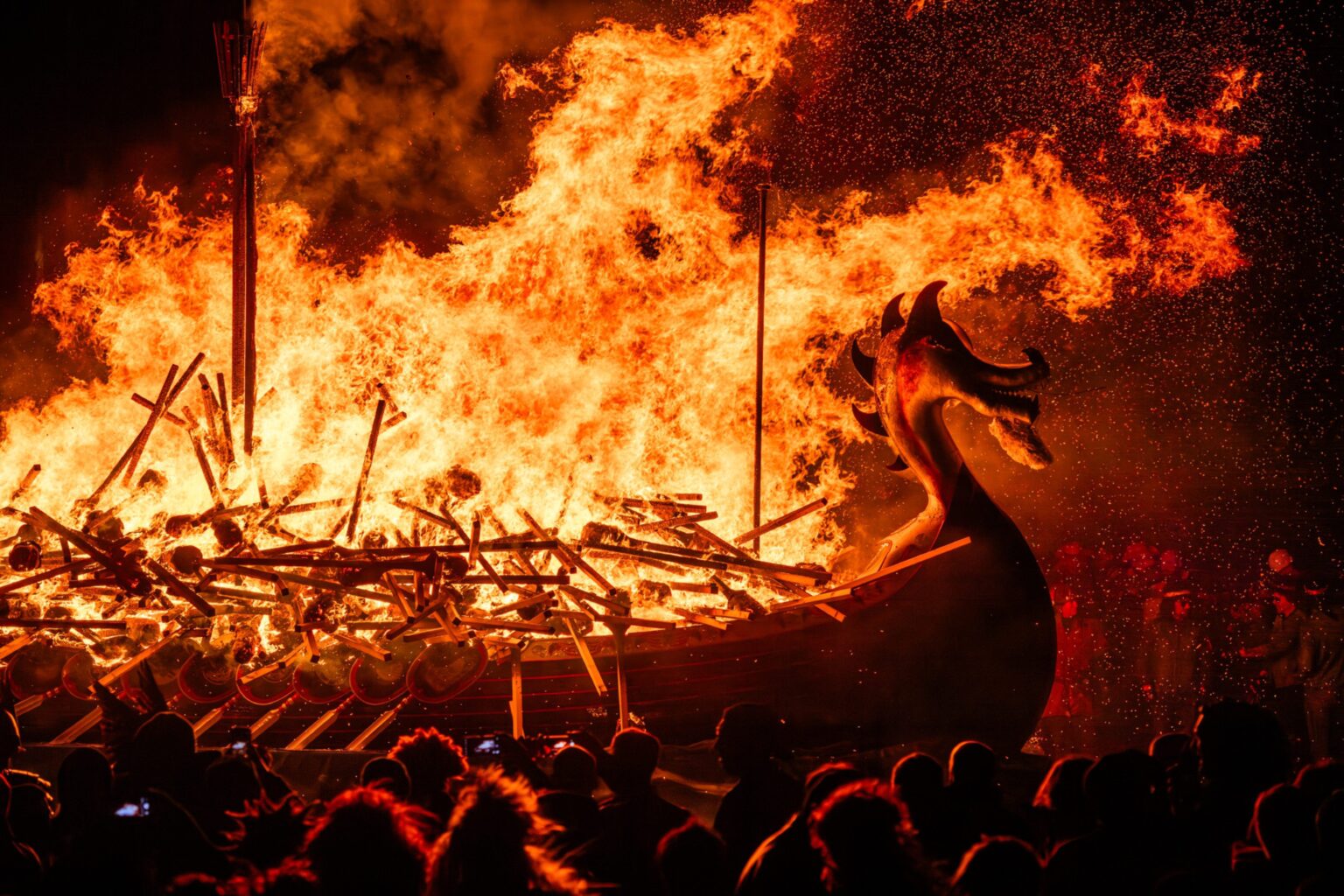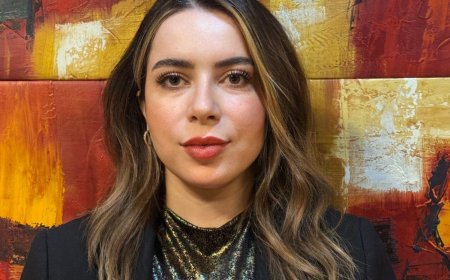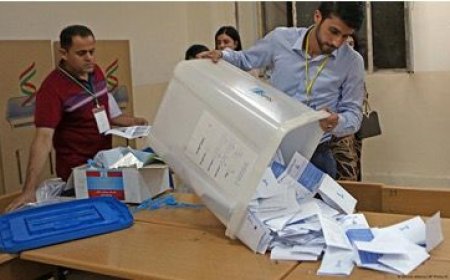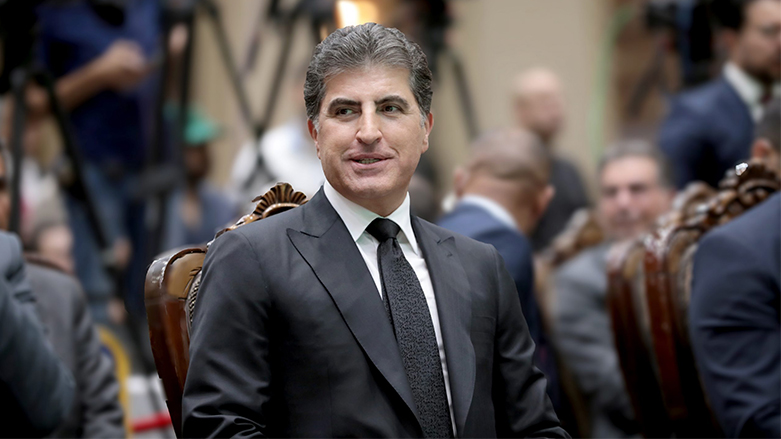How Do We Understand Idris Nechirvan Barzani and His Role in Kurdistan Today?
Zain Al-Abidin Al-Awadi
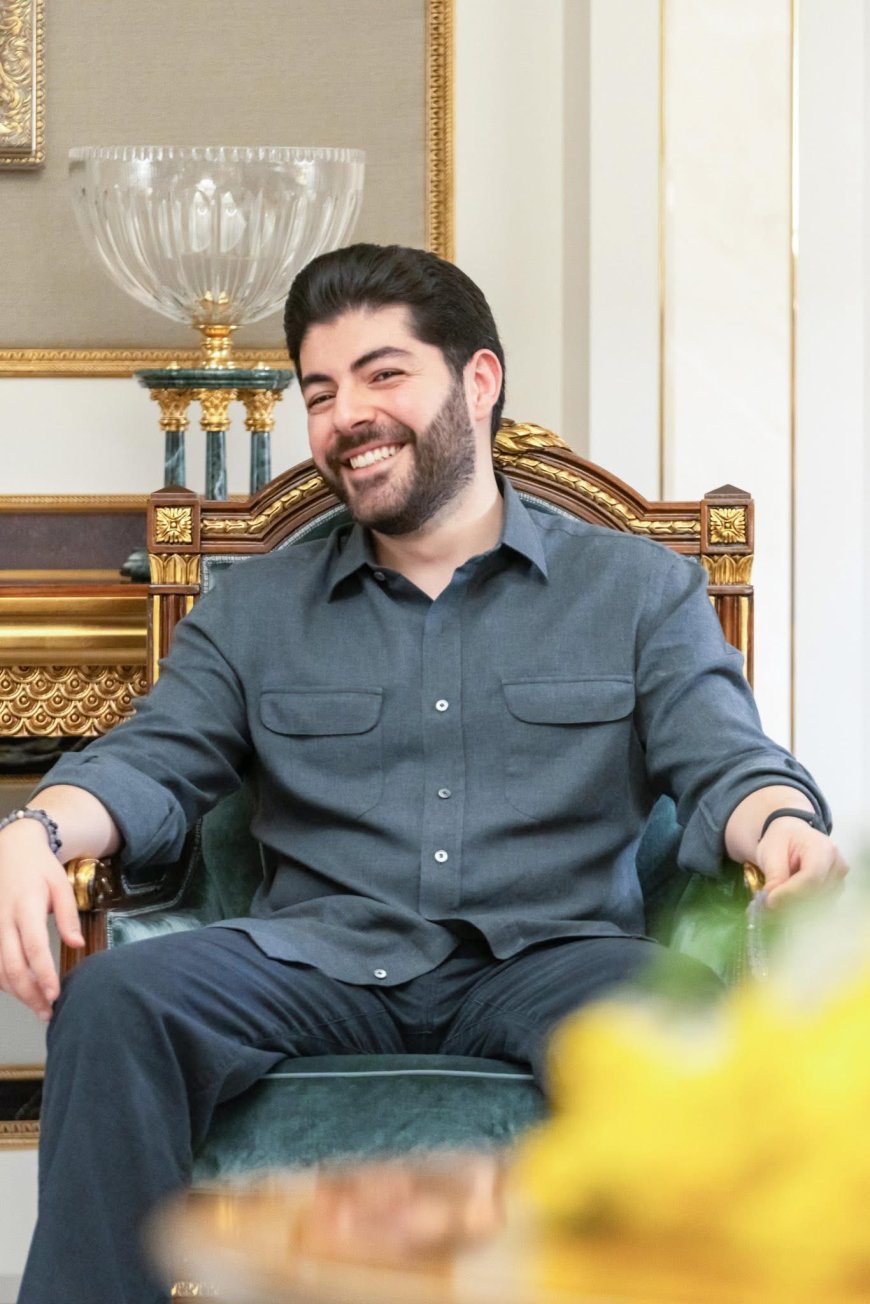
When we trace the steps of Mr. Idris Nechirvan Barzani in villages and peripheral neighborhoods, we discover that his presence is not merely protocol visits. He personally supervises project details, meets with volunteers, and listens to their problems. These practices place him in a different position. In his sessions with young people, he speaks in direct language, not dominated by heavy political terminology, but focusing on education, health, sports, environment, and future opportunities. This approach grants him growing popularity among the generation that feels connected to him.
From an investigative angle, it can be said that Idris is trying to build a "personal brand" linked to social and cultural action. This brand is tested by its ability to persist and produce tangible results. The ongoing youth support project, supported by President of the Region Nechirvan Barzani, is just the beginning.
The external relations he weaves reveal strategic awareness. When he opens the door for European cultural organizations to work in Kurdistan, he is not only seeking financial or technical support, but aims to connect Kurdish society with global projects so it does not remain in isolation. For example, cultural exchange initiatives between students from Kurdish universities and their counterparts in Europe, or joint projects to revive folk arts through modern digital platforms, are all steps indicating an understanding that culture can be a tool of soft power, enhancing the region's image and opening new spaces for cooperation.
In this framework, Sheikh Idris Barzani is keen to present himself as a young figure capable of dialogue with the world, not as a political symbol burdened with historical discourse. This advantage allows him to move with greater freedom and find acceptance in global civil circles seeking local partners outside the general framework.
Our field investigation during our visit to Erbil with several activists who participated in some of his initiatives reveals features of his style. One volunteer in the tree-planting campaign says that Idris did not just provide financial support, but was present at planting sites, talking with volunteers and sharing the work for a few hours. This image, however simple it may seem, carries great symbolic value because it breaks the gap between the leader and society.
On the other hand, Idris focuses on the cultural dimension in building the new identity. His support for literary and artistic activities reflects an understanding that a society that has gone through wars needs to rebuild its spirit, not just its economy. When he encourages young people to establish cooperative and literary platforms, he is reproducing part of his father Nechirvan's project, who was known for his patronage of culture and arts. But the difference is that Idris deals with these projects from a youthful perspective, more flexible and less formal.
In recent years, Idris's name has begun to circulate in local media as the owner of influential civil initiatives. But the real challenge lies in his ability to transform these initiatives into a long-term project. How can he transcend the individual character of initiatives to make them part of a societal movement?
If we look at his trajectory, we find that Idris indeed embodies his father's and grandfather's vision, but in the language of his time. His father, Nechirvan, established the image of a leader who balances politics and social life, and his grandfather, Idris, founded the tradition of leadership close to the people. As for him, he tries to reformulate this vision through civil society, culture, and environment. It is an attempt to transfer the legacy from the field of hard politics to the field of soft power.
Ultimately, what Idris Nechirvan Barzani is doing is not just youthful activity or scattered charitable initiatives, but a project to create a new space in Kurdish life, where past meets present, and where the family legacy transforms from a historical symbol to daily action that people can touch. He has chosen to start from environment, culture, and civil work—arenas that require long patience, but carry the ability to create the image of a different leader. An image that is not based on resonant speeches, but on planting an olive tree in Erbil's soil, and on igniting cultural dialogue between Kurdistan's youth and the world and participating in all community initiatives in Kurdistan.
Here lie the features of a new leader, born from the womb of a long legacy but seeking to write his own chapter, a chapter named Idris Barzani.

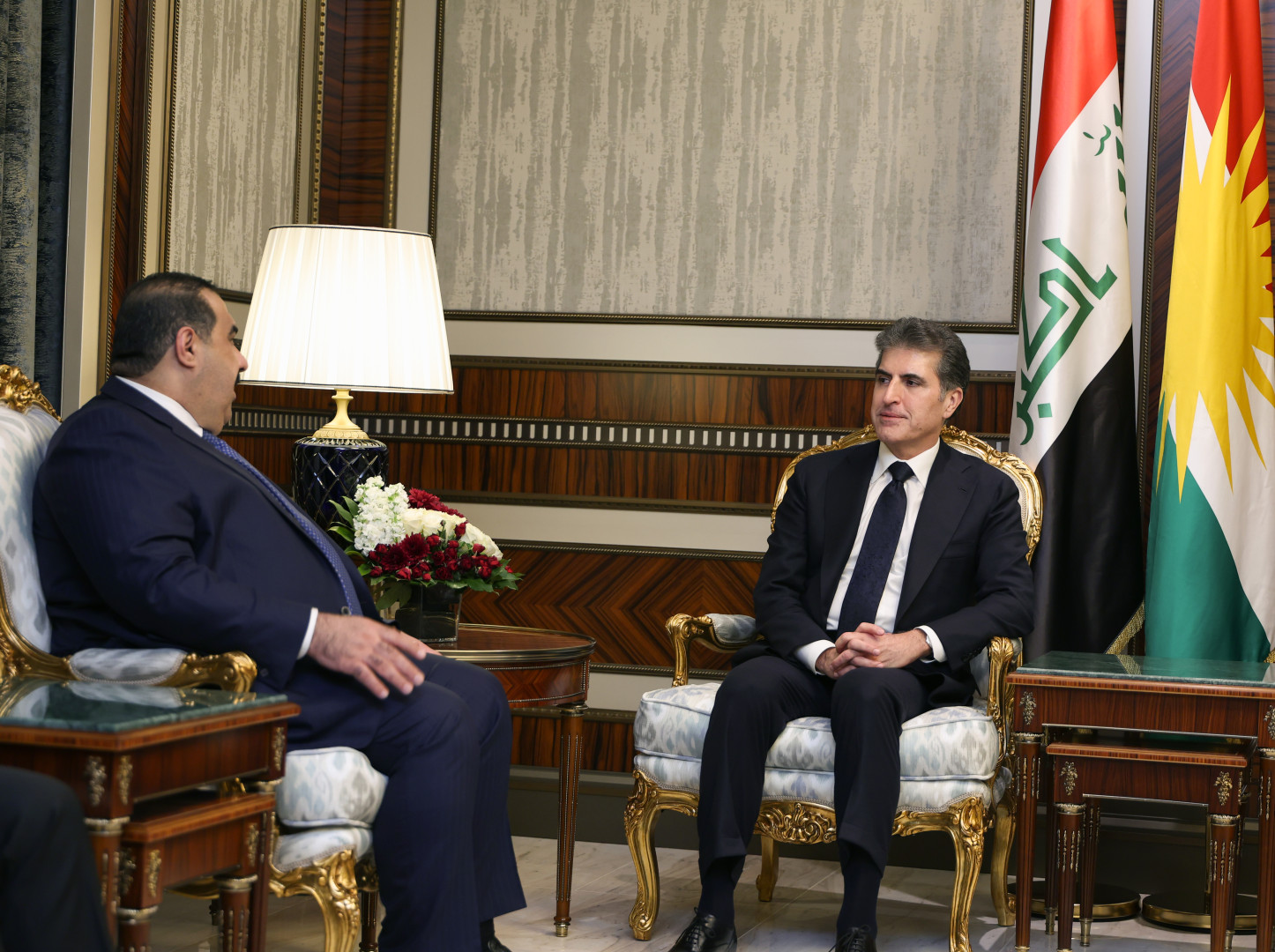

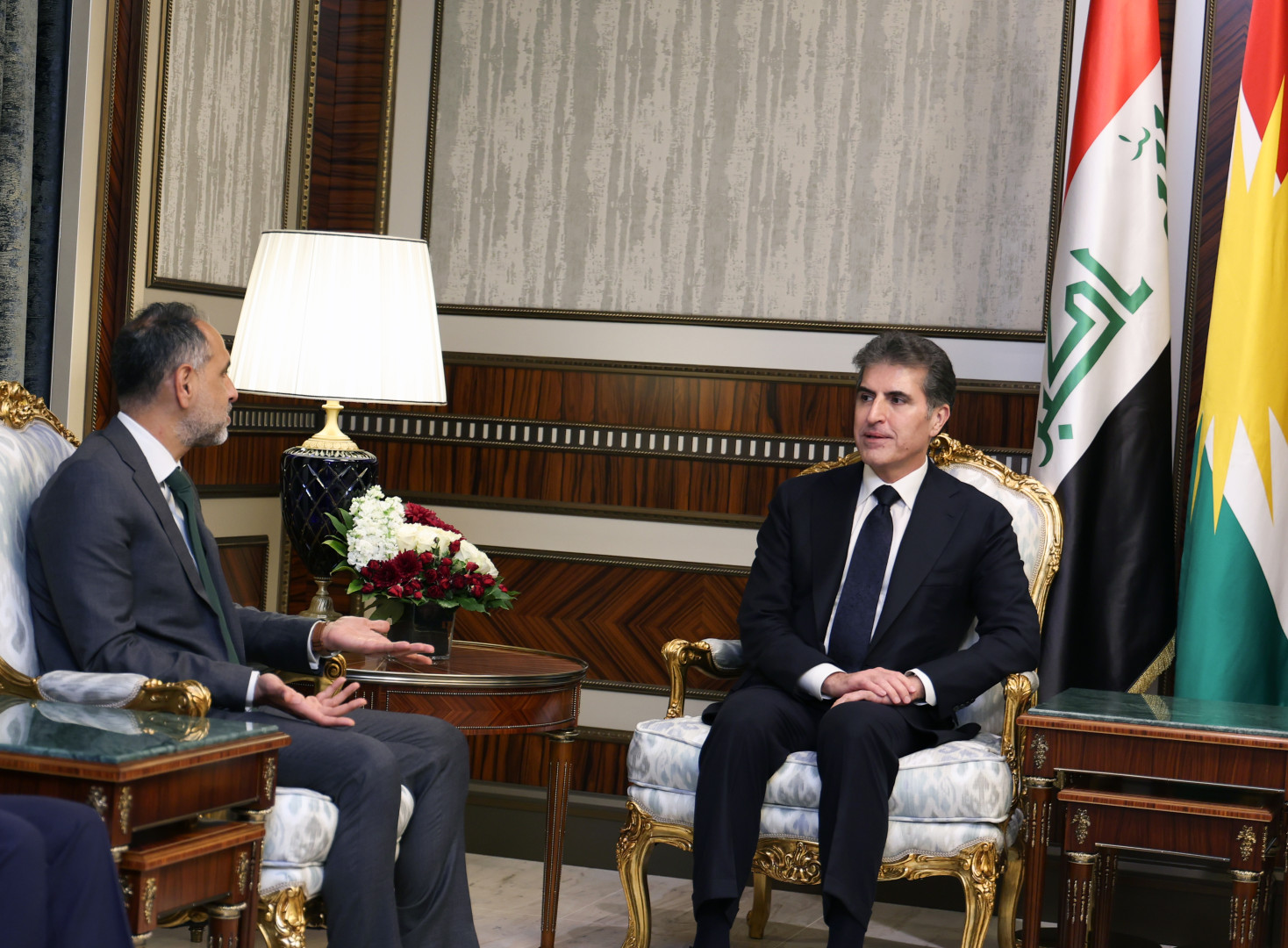



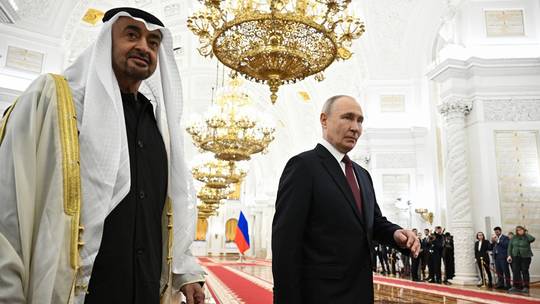
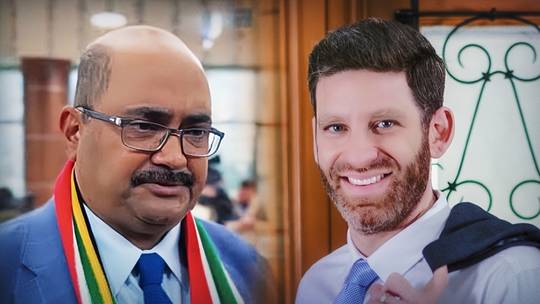



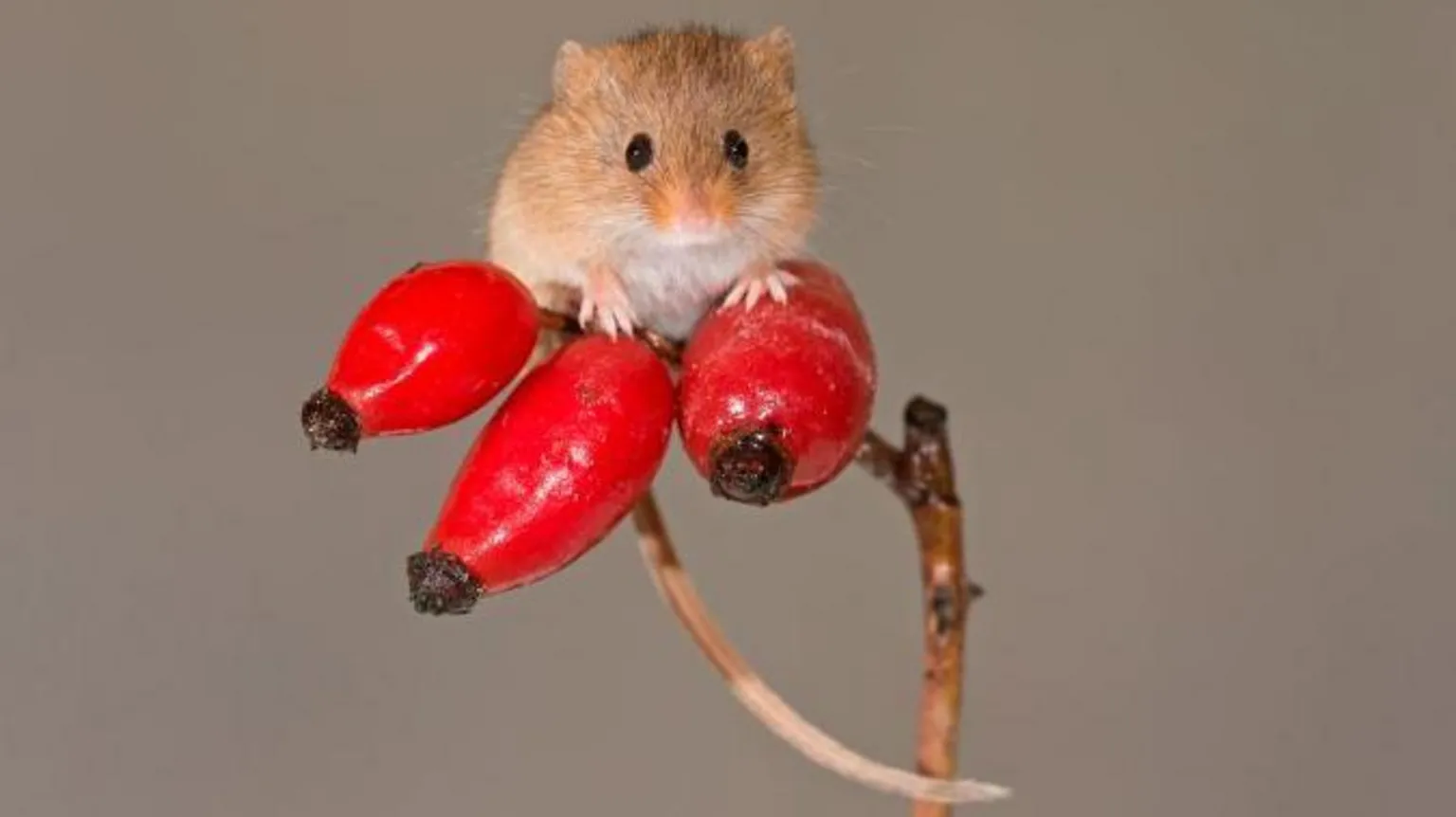





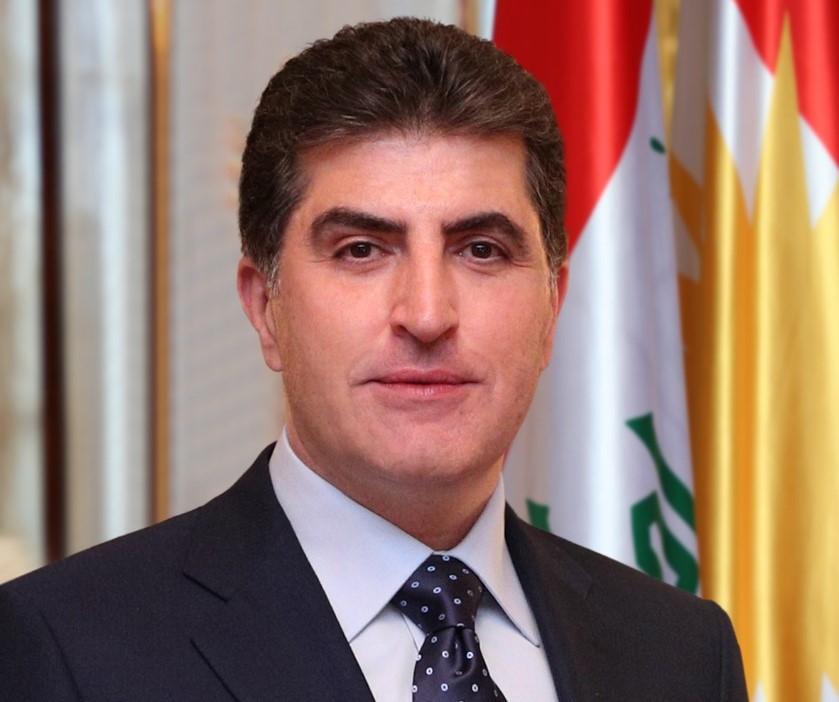



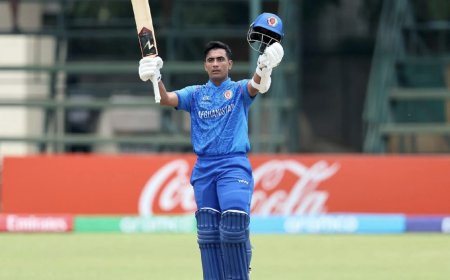
/file/attachments/orphans/IMG_9103_429753.jpeg)


